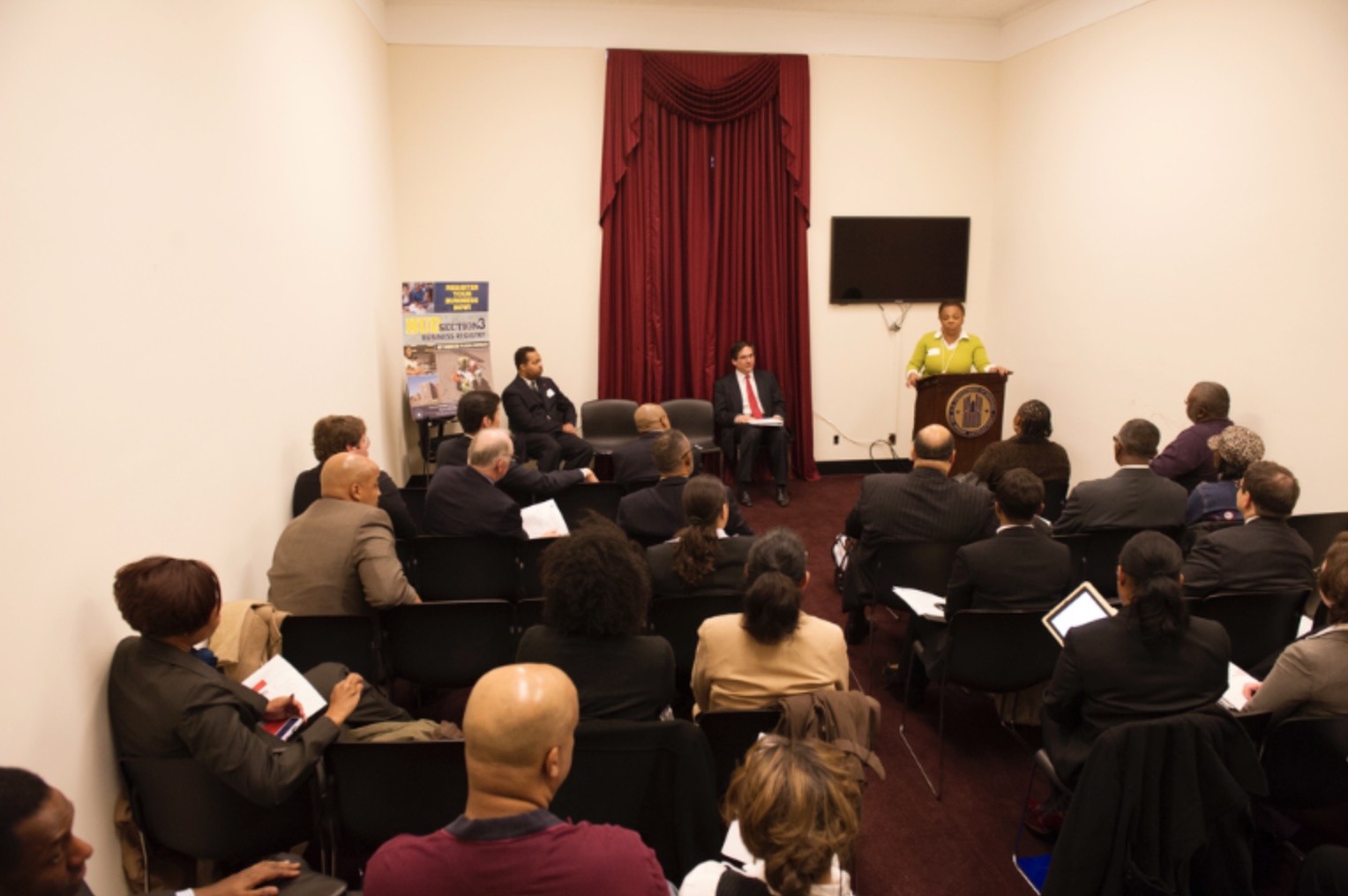Have a story idea
Have a story idea? Send it to us here.

Source : U.S. National Archives
February 6, 2025
Author : Patty Alle
The U.S. Small Business Administration (SBA) has officially issued a final rule making several important changes to the HUBZone small business contracting program. These changes are designed to ensure businesses participating in the program are genuinely providing job opportunities in economically distressed areas. The rule incorporates several proposals made in August 2024, while also adjusting some aspects based on public feedback.
One of the key updates in the new rule involves the definition of an “employee” for HUBZone certification. The SBA clarified that if a business has only one employee, that person must reside in a HUBZone for the company to qualify. Initially, the SBA proposed increasing the minimum work requirement from 40 hours to 80 hours per month.
However, after receiving strong opposition, the agency decided to keep the 40-hour requirement. The rule now states that employees must work at least 10 hours per week in the four weeks before a certification review. Businesses can still count employees who work fewer than 10 hours in a given week as long as they meet the 40-hour monthly total and have a valid reason for the reduced hours.
The SBA also reinforced that businesses cannot simply pay HUBZone residents without assigning actual work. Exceptions are made for reservists on active duty and employees on paid medical or maternity leave. Additionally, employees must be paid in cash rather than in-kind benefits like health insurance or childcare assistance to be considered employees under the program.
Another major change limits the number of “Legacy HUBZone Employees” a business can retain. Legacy employees are those who originally lived in a HUBZone but later moved out. The rule now allows only four such employees per business. Companies must also maintain at least one current HUBZone resident employee to ensure the business remains engaged with the program’s mission.
The final rule is meant to strengthen compliance while ensuring the HUBZone program continues to serve its purpose of creating jobs in underserved areas.
Category : Small Business Enterprises Federal Government
